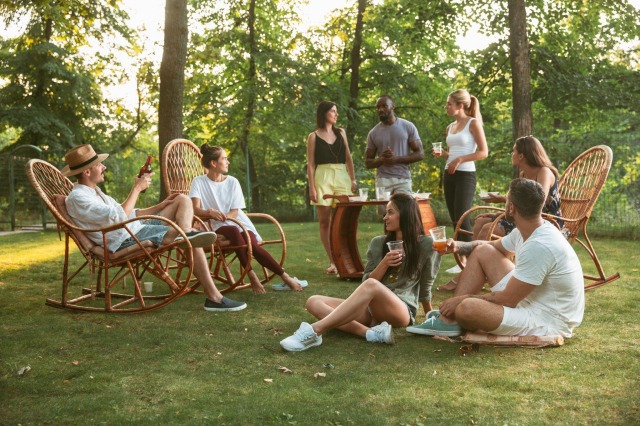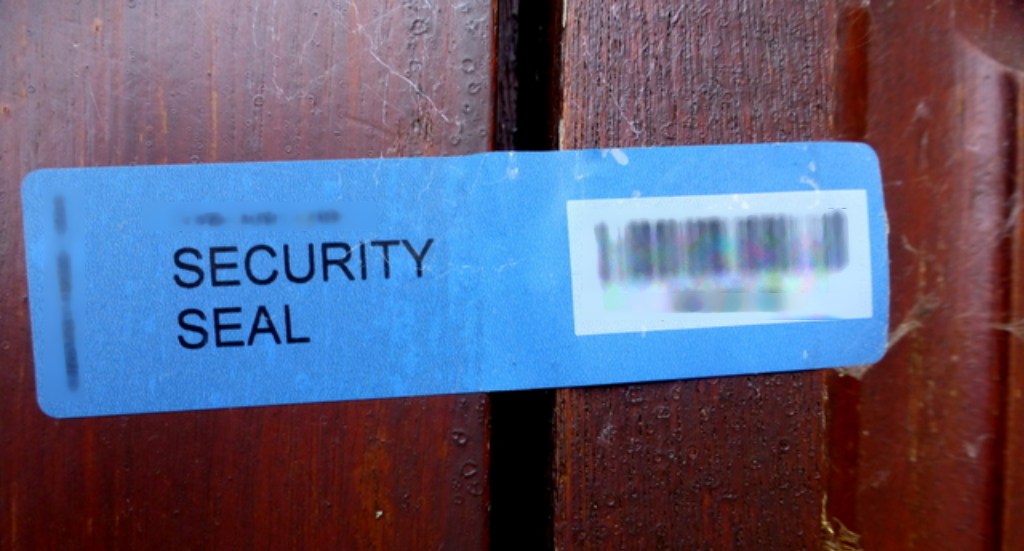The hospitality industry was the worst hit by the pandemic, as travel restrictions were imposed across the globe, resulting in a massive dropdown of the travel and tourism market. But, travel is finally coming out of its long winter. People feel more comfortable traveling and countries have begun to open up their borders, and people are back to doing what they most love, travel.
But, marketing strategies in the ‘new normal’ world will be a formula unlike those deployed in the past. It will need patience, trial and error, and listening to plenty of client cues.
With this blog, you will have a detailed know-how of the trends that will lead in the upcoming year. Then, leverage them to your benefit and boost your business in more ways than one.
The top trends in hospitality are different, and let’s explore them in detail below.
1. Digitalized Guest Experiences & Contactless Technology
Apps, in particular, are increasingly in the way hoteliers manage the services they provide to their guests and have control over many aspects of the experience that guests have with your business.
Traditionally, customer-facing services were given the spotlight. But, with the widespread use of technology and the shift in trends towards digital and contactless services, options like mobile check-ins, contactless payments, and voice control, among others, have gained momentum.
These contactless technologies offer ease and security to the visitors, and aid hoteliers overcome disruptions created by weather in the operations. Besides the benefits mentioned above, hospitality giants are also using chatbots that are ready to resolve guest queries and give virtual tours to travel enthusiasts to enhance their experience.
2. The Importance Of Providing Travel Safety Information Is Mandatory
Travelers want to be kept informed about the safety precautions before making their bookings, irrespective of whether the initiative is relevant/essential or not.
- 79-90% of the travelers consider cleaning and sanitization procedures to be followed
- 73-81% of the travelers need to know the check-in procedures followed before bookings
- 78-89% of them want to know the social distancing procedures followed.
These figures indicate that providing travel information is of primary importance for hoteliers to attract travelers to their business.
3. Opening Up to Using Digital Sources Of Entertainment
Digital sources of entertainment are on the rise as travelers look to maintain social distancing and other safety measures.
Here, the role of setting up digital screens gets amplified. Digitals signage displays can potentially display a variety of information and keep travelers entertained during their stay.
You can display information relating to travel, commuting, places to visit, eateries to explore, the infrastructure of the place, and so much more to ease travel for the visitors.

Further, showcasing a social wall on digital signage consisting of feeds generated on social media also makes for a great option. It can be instrumental in boosting advocacy and trust.
Briefly, a social wall is the aggregation of posts generated on social media mentioning the brand. Your users are omnipresent; hence, catering to their needs, validating their experience, and enhancing it is the essence.
Using a social media wall, you can showcase the service provided, and the preventive measures are taken, build trust, and ignite their inspiration to visit your place via your visitor’s eye.
To display a social wall, you’d need social media aggregator tools like Taggbox Display, which can help you collect content from more than 15 social media networks, curate the feed and showcase it on digital screens.
4. Personalization
Businesses catering to the hospitality industry have to walk the extra mile to greet their guests personally. Tools such as Mailchimp and Zoho have made personalized emails available to the masses, ensuring highly targeted audience-specific communications.
Beyond simply adding the customer’s name to email greetings, data provides insights into buying habits, allowing hotels to customize their offers and promotions and strive to provide similar services to visitors.
Adding a personalized touch to the visitors’ stay experience will set you apart from your competitors and is becoming of paramount importance, mainly because the millennial and GenZ travel expedition is rising.
5. Things That Are Economic & Essential Are On The Rise
While some travelers strive for more, many turn to ‘less is more’ while planning their travel. The intent is to positively impact the sphere and use less available resources while aiming for sustainability.
People are becoming increasingly conscious of environmental and social issues. Meaning that simple switches can make your business stand out from the competition.
Spending rigorously on travel is not looked up to that religiously as it was in the earlier days. People are more into backpacking and look out to relishing more experiences but on a limited budget.
Moreover, the pandemic has hit individuals, businesses, and employees badly on a financial scale. Therefore, providing an economical yet classy experience is what you want to look at.
6. Generations X and Y Think Of Things Differently
While the older generations thought of hotel stays and car rentals, the younger generations thought of Airbnbs and Uber.
Try to make your place of visit worth it for this generation by incorporating elements of fun. Further, 65% of the Gen Zers ranked ‘travel and seeing the world’ as the most important way to spend money. So while you might still be decoding the needs of millennials, Gen Zers are already starting to shift the sector in other directions.
7. Staycations Are On A Rise
People are looking forward to relaxing and unwinding a little more than usual, making staycations a new palpating trend in the hospitality industry.
On the part of hotels, it becomes mandatory to provide an immersive, sustainable, and entertaining experience to the visitors while maintaining safety.

Further, today’s customers have become picky; if proper care isn’t taken off their stay at the place, they might not return and pass on a negative experience with their peers.
Additionally, many travelers are skeptical about traveling both internationally and domestically. This again means that staycations can be the go-to option for many people looking out to unwind from all the covid lead stress, work from home situations, and deal with the anxiety created.
Therefore, you might also want to strategize on providing a relaxing experience to the visitors, still maintaining the covid precautions.
Over To You
The hospitality industry is dynamically evolving, making it essential for brands to develop strategies that align with the ever-changing customer needs and market trends.
This becomes more important now because covid has impacted the hospitality industry in challenging to cope with. But, with national and international borders opening up, running aggressive attempts to revive business is the need of the hour.
Having a customer-centric approach that revolves around solving customer doubts relating to travel while providing them with an escalated experience can be your best bet.
Sure, you lost important business in 2021, making 2022 just the time to buckle up and earn back what’s lost by keeping a close eye on the trends.
So, now that this blog gives you insights into the top seven trends of 2022 for the hospitality industry and that you have a blueprint, why wait to build a model and work up the business?


